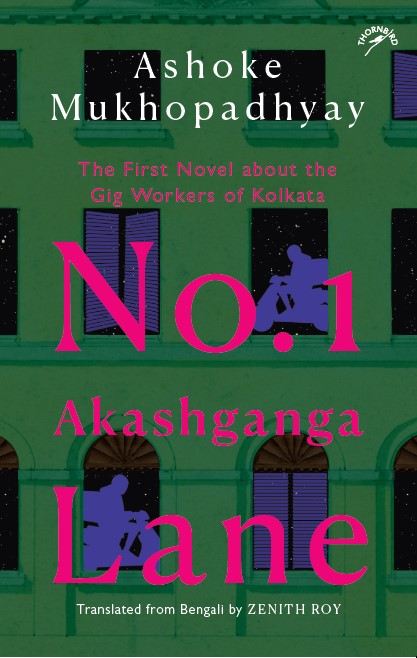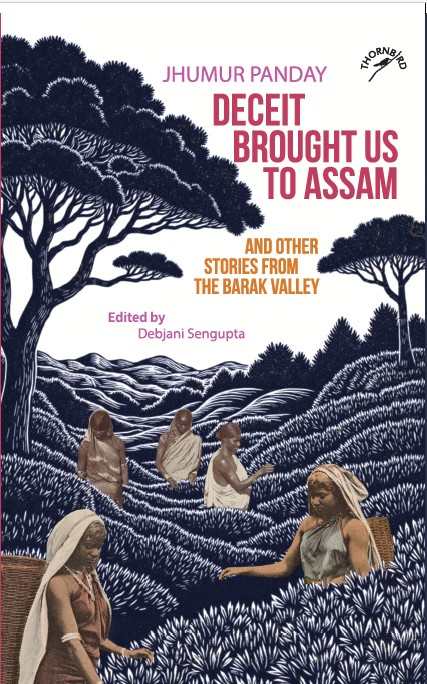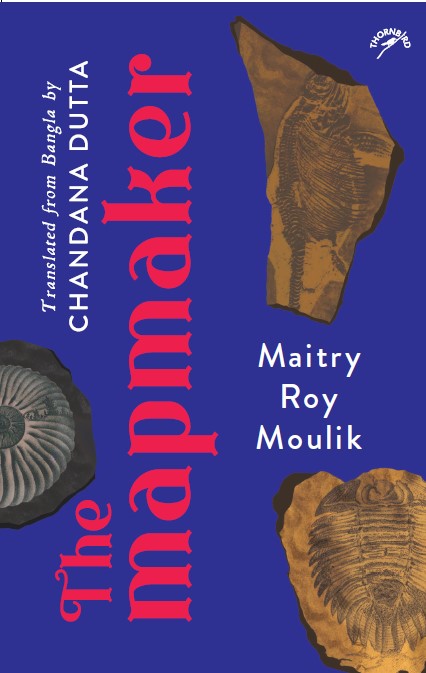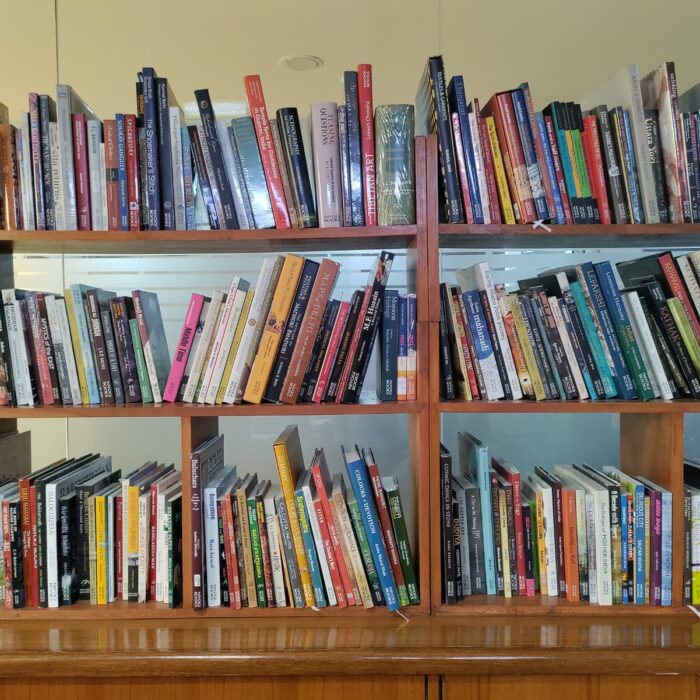Sign up and get notified with new article for free!

Book
Beasts of Burden
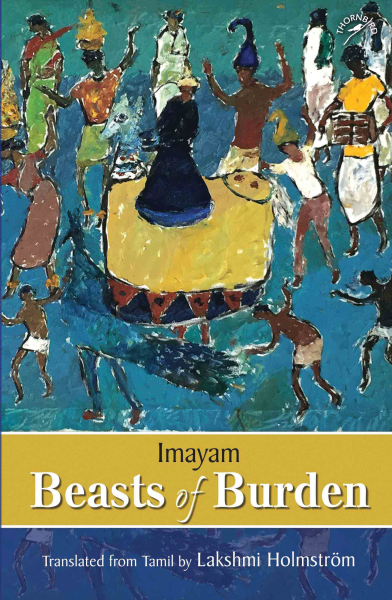
Beasts of Burden
The first novel of one of the best writers today, Koveru Kazhuthaigal is located in the early 1970s when ritual status and payment in kind were giving way to cash wages. It is a tapestry of despair, courage and a journey both outward and inward and a story of decline and change in a village seen through the eyes of a washerwoman (vannaatti) Arokkyam, who serves a dalit community of agricultural labourers. The ‘mules’ of the title refers ironically to the vannaan and vannaatti themselves who traditionally carried their washing on donkeys. Although they play an important role in all Hindu rites of passage, it is striking that Arokkyam and Savuri are Catholics. Most importantly, they defer to the authority of the priest at the Church of Saint Antony and seek his blessing on family and community occasions. The novel gives us an extraordinarily detailed picture of a lifestyle that has now passed—reclaimed and told with pride.
The worst oppression of the caste system, Imayam suggests, is that people are dependent upon it for their living.
|


